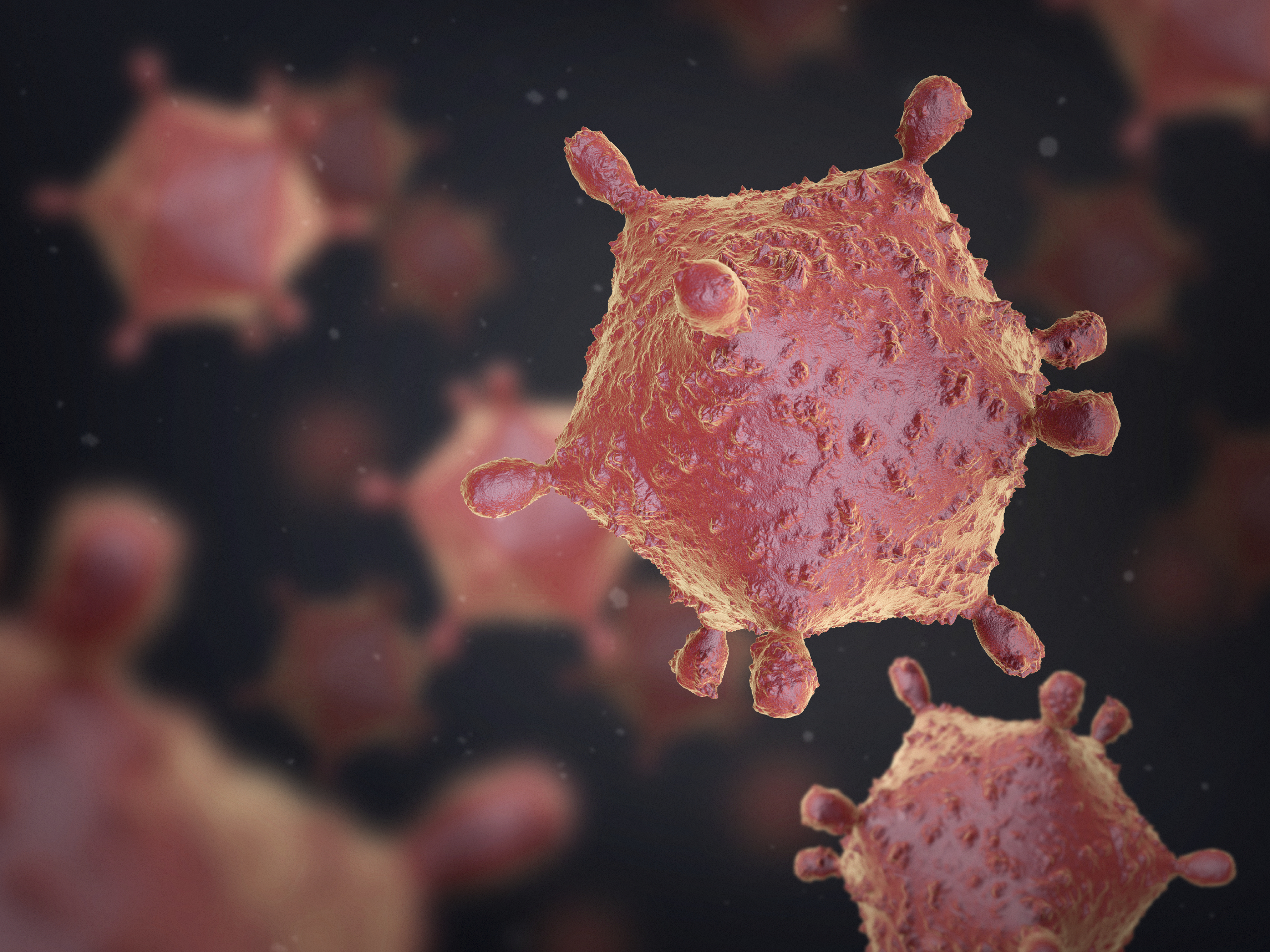A cure for Alzheimer’s disease could be on the horizon after the discovery of a protein that may trigger it.
The mental illness which affects 850,000 Britons is caused by the build up of another protein known as amyloid which clumps together in the brain and destroys memory.
Now new research suggests the molecule PITRM1 found in mitochondria, which powers cells, is behind the devastating development.
Dr Janniche Torsvik, of the University of Bergen in Norway, said: “When the level of PITRM1 in the cells decreases, this leads to an increase in the deposition of protein sediment in the brain.”
The breakthrough offers hope of developing drugs that boost PITRM1, so reducing the amount of amyloid plaque in the brain.
Mitochondria, which can only be passed from one generation to the next by the mother, provide the energy for almost every cell of the human body. If the mitochondria do not function the way they should, it can lead to serious illness.
The study found a link between reduced mitochondrial function, caused by less PITRM1, and neurodegenerative diseases like Alzheimer`s.
It investigated a family with a gene defect that leads to reduced amounts of PITRM1, and showed they suffered major physical and psychological problems.
Dr Torsvik said: “The family had reduced amounts of this PITRM1 protein and became increasingly ill.
“Scans of their brains confirmed the damage and when we tested mice with the same loss of PITRM1, these too had neurological problems and protein deposition in the brain.”
She points out the new study published in EMBO Molecular Medicine is important to understand neurodegenerative diseases such as Alzheimer’s.
Dr Torsvik said: “The results conclude a long discussion about the relationship between mitochondria and accumulation of amyloid in the brain.
“We have found that mitochondria play a crucial role in the process of protein deposition.”
Co author Professor Laurence Bindoff wants to do more research on PITRM1 and its role in other neurodegenerative diseases.
He saidd: “Our aim is this research will help us find medications to prevent or delay diseases like Alzheimer’s.”
He wants to find out more about diseases such as Alzheimer’s and has applied to become a Norwegian Centre of Excellence (SFF), a programme administered by the Research Council of Norway.
The new centre is to be called the Centre for research into age related neurodegenerative diseases (NeuroAge) and is now in the final round to get the prestigious SFF status.
The researchers worked together with the neurological department at Forde Central Hospital in Norway, the centre Medical Genetics and Molecular Medicine (MGM) at Haukeland University Hospital and Prof Massimo Zeviani, of Cambridge University, an expert in mitochodrial disease.




